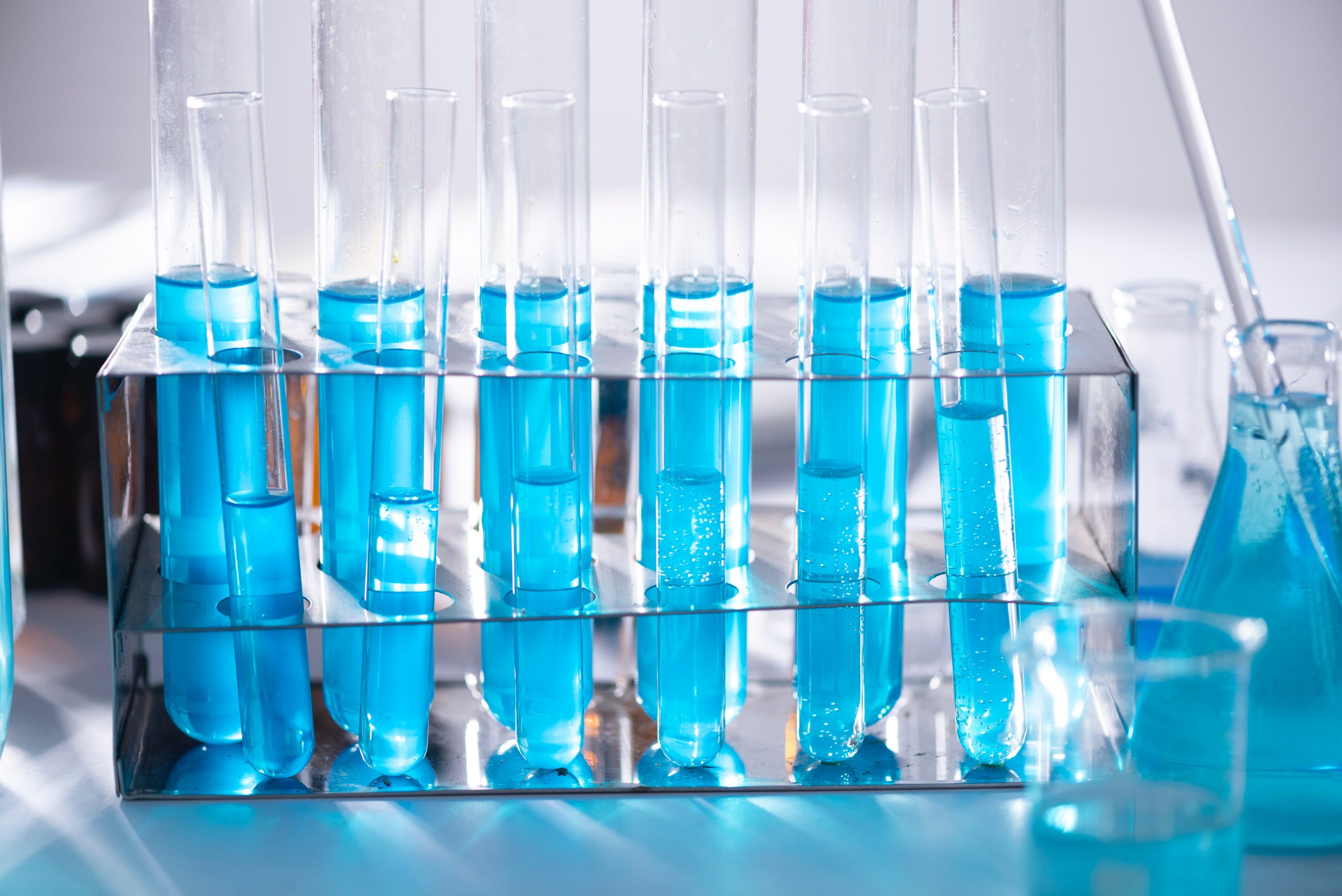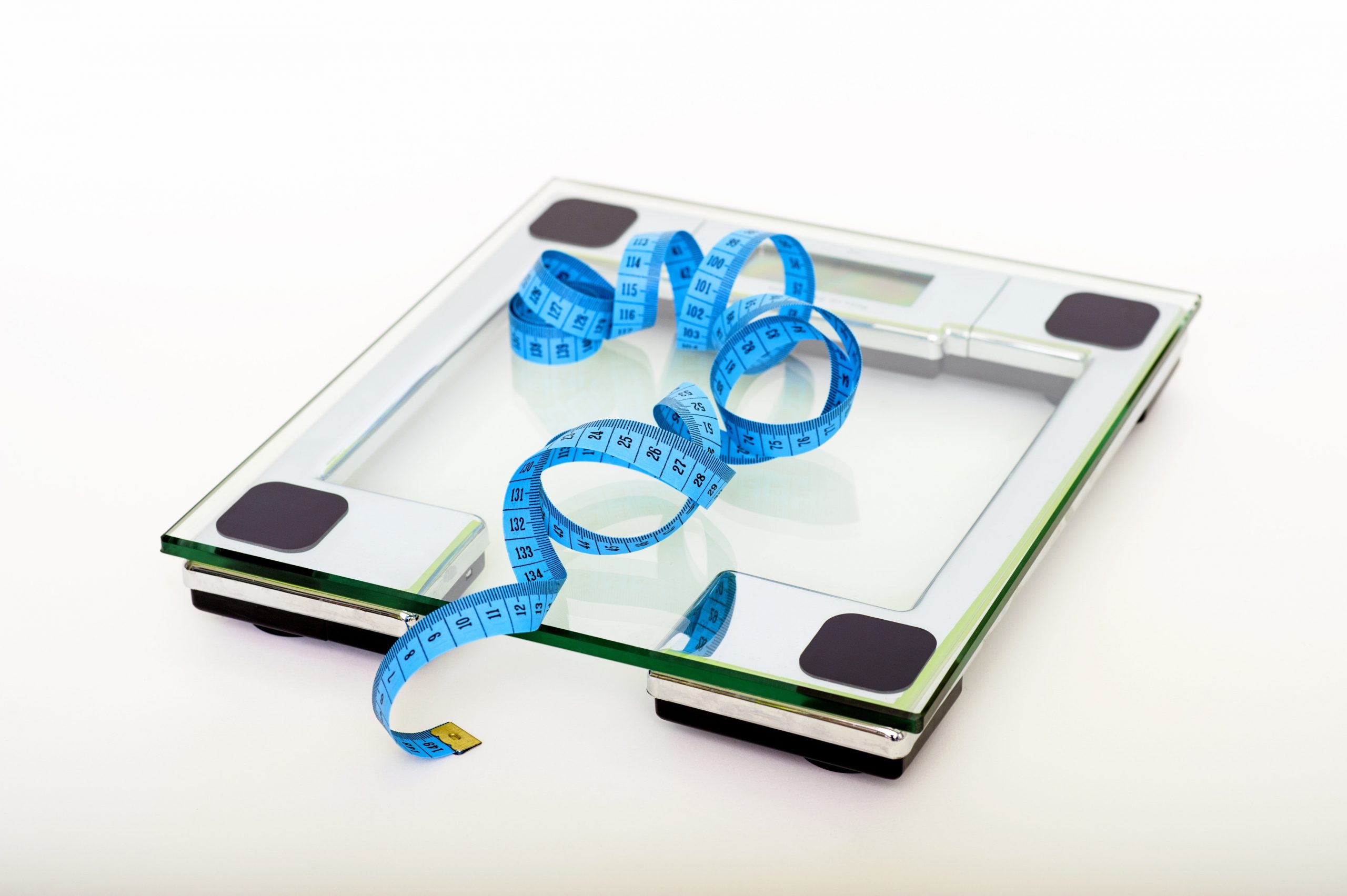Nutrition Myth Busting with Biological Sciences
Why is understanding the biological sciences important for practicing in the nutrition field?
What is nutrition? When asked this question, many people would likely say something akin to nutrition being about the food we

eat and how it’s used to nourish and fuel our bodies in relation to our health. This is a true statement, however many people are unaware of how intertwined the science of the human body is with our understanding and interpretation of nutrition research, and how nutrition recommendations are established. The study of these mechanisms and relationships is the essence of evidence-based nutrition.
In our Applied Nutrition Science Diploma program, our students are often surprised at the complexity and breadth of the biological sciences and how it is used as the foundation to the nutritional sciences. In fact, the first third of the course is dedicated to understanding the basics of organic chemistry, biochemistry, and human physiology and how they relate to human nutrition! When you understand how the body works on a chemical and cellular level, it makes it easier to understand why nutrition professionals make certain recommendations. Furthermore, the most valuable use of this knowledge is probably that it helps us bust common nutrition myths that seemingly defy the laws of human physiology! Here are some examples:
The Alkaline Diet prevents disease
Organic chemistry is the study of atoms, molecules, and various chemical reactions in the needed to sustain life! One of the chemical processes our students learn about in chemistry is acid-base balance and the pH scale. Have you ever heard of the alkaline diet? This diet claims to change your body pH from acidic to basic (alkaline) which supposedly prevents disease. Knowing the basics of acid-base reactions in the body, our students understand why diet cannot change body pH and that we have many physiological and chemical safeguards against pH upset that happen naturally! Myth busted!
You need to avoid carbs to lose fat!
Biochemistry teaches us about metabolism of macronutrients (carbohydrates, proteins, and fats) and how we use them for energy and tissue building. Two of the biochemical processes our students learn about are carbohydrate utilization and fat breakdown. Have you ever heard that you have to stop eating carbohydrates in order to burn fat? Knowing how carbohydrate and fat breakdown work, our students learn that fat loss CAN occur with carbohydrates in the diet, and in fact, it can breakdown quite readily! The key to fat loss is an overall calorie deficit, not a magic ratio of the macronutrients you are consuming. Whether a person chooses to decrease calories from carbs or fat is a personal choice. Another myth busted!
Detoxes and cleanses are a great way to rid your body of built up toxins!
Human physiology teaches us about how the different body systems function and interact. Our students learn about the roles of the cardiovascular, respiratory, renal, digestive, nervous, and endocrine systems and how they relate to nutrition. Knowing how these systems work and how the body eliminates toxins naturally, our students can identify the unscientific claims of detox and cleanse proponents! As long as we have a functioning liver, kidneys, and lungs, we don’t have to worry about removing toxins with expensive and unsustainable products/regimens. And another myth busted!
By Erin Hanley, RD, Applied Nutrition Science Diploma Instructor
